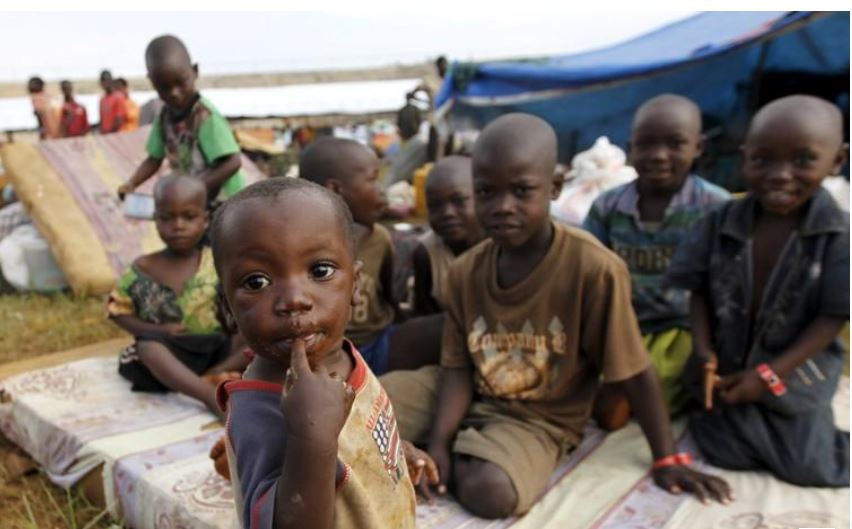Burundi said on Tuesday it would start repatriating 200,000 of its refugees from neighbouring Tanzania in October, sparking fears of forced returns among those who have crossed the border to escape violence.
Hundreds of Burundians have been killed in clashes with security forces since 2015, when President Pierre Nkurunziza ran for a third, disputed term in office.
Over the same period, more than 400,000 have fled abroad, predominantly to Tanzania, Rwanda and Democratic Republic of Congo.
A former ethnic Hutu guerrilla leader, Nkurunziza came to power in 2005 at the end of a civil war in which 300,000 died. Last year he won a referendum that could allow him to stay in office until 2034.
Burundi and Tanzania agreed at the weekend that repatriations would start on Oct. 1, the Interior Minister in Bujumbura, Pascal Barandagiye, told reporters on Tuesday.
Tanzania’s Home Affairs Minister Kangi Lugola said it would facilitate the return of “all Burundians” in the country because “Burundi is peaceful”, according to a video posted on the ministry’s Twitter feed on Sunday.
The ministry’s spokesman did not reply to requests for comment on Tuesday.
Burundi’s population is divided between the Tutsi and Hutu ethnic groups, as is neighbouring Rwanda, where 800,000 Tutsis and moderate Hutus were slaughtered by Hutu extremists in a 1994 genocide.
Burundians who have fled since 2015 include members of both groups.
One refugee, a man in his 40s who crossed over with his family and now lives in Tanzania’s Nduta camp, said he would not be returning home.
“We heard that the governments agreed on forced repatriation… There is no way we can go to Burundi, there is no security there at all,” the man, who declined to be named, told Reuters on Tuesday.
New York-based Human Rights Watch says Burundi’s government does not tolerate criticism, and security services carry out summary executions, rapes, abductions and intimidation of suspected political opponents.
Burundi’s ruling party denies it carries out systematic human rights violations.
In March, Burundi shut down the United Nations’ local human rights office, and the interior minister accused the U.N. refugee agency (UNHCR) of turning repatriation into “a business”, criticising its requirement for refugees under 18 to be registered with their parents before being repatriated. [L5N20S2KB]
The UNHCR said around 75,000 Burundians had returned home in the past two years, adding: “We are assisting refugees who indicate they have made a free and informed choice to voluntarily return.”
But hundreds were still fleeing the country every month and “conditions in Burundi are not currently conducive to promote returns,” it said, urging nations to ensure no refugee was repatriated against their will.




